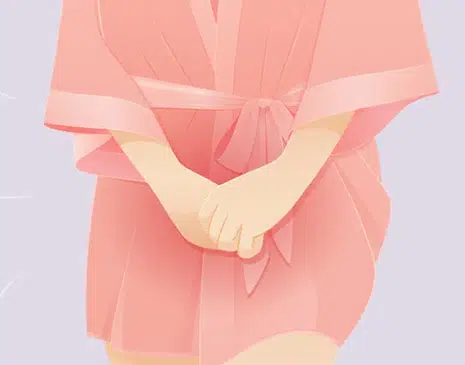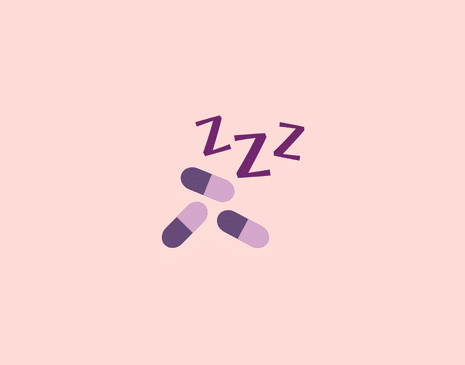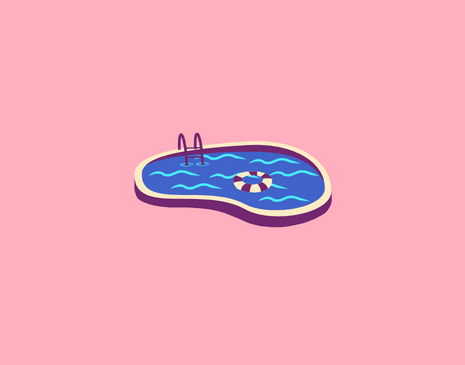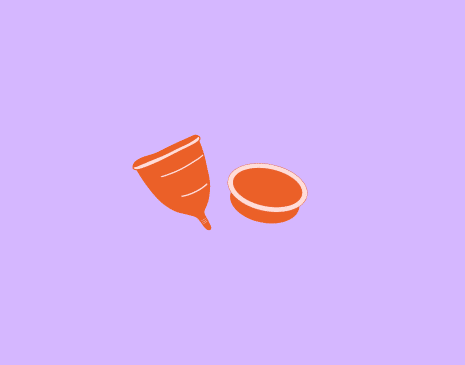Ever wondered why your vagina or vulva feels itchy? It’s more common than you think! Many factors, like hygiene products or infections, can cause this discomfort. If you’re experiencing symptoms like burning, redness, or unusual discharge, it might be time to chat with your doctor. They can recommend the right treatment, whether it’s medicated creams, oral tablets, or simple self-care tips. Remember, your health matters – don’t hesitate to seek help if you need it.
What is irritation of the vulva and vagina?
Vulval and vaginal irritation, characterised by itching and discomfort in the female genital area, is a common experience for most women at some point in their lives.¹ The delicate skin in this region is susceptible to irritation from various products and environmental factors.
What are the symptoms of vulval and vaginal irritation?
As well as vaginal itching, vulval irritation can include symptoms such as burning or itching, redness and swelling, vaginal discomfort, vaginal discharge, skin cracking or splitting, whitening of skin, and pain during sex.¹ If you have an unusual vaginal discharge, it might be due to an infection.
What causes vulval and vaginal irritation?
Many things can cause vaginal itching and irritation. Some of these are listed below:
- Personal hygiene: vaginal douching (washing out your vagina), soaps, shower gels or bath products, lubricants and spermicides used during sex, sanitary pads and tampons, removing pubic hair, washing powders or liquids.
- Bodily functions: sweating, discharge from your vagina.
- Infections: Candidiasis (vaginal thrush) — a yeast infection, a sexually transmitted infection — such as trichomoniasis, bacterial vaginosis or genital herpes.
- Conditions: An ingrown hair, dermatitis or eczema, psoriasis, Bartholin’s cysts, vulval cancer — this is very rare. Vaginal itching can also be caused by some medicines and hormonal changes. Hormonal changes can happen after having a baby or during menopause.¹
If you have vulval irritation and your symptoms are not getting better, it’s important to see your doctor.
How are vulval and vaginal irritation treated?
Treatment for vaginal itching varies based on its underlying cause. Your healthcare provider might suggest external treatments like medicated creams or barrier gels, internal options such as vaginal creams, tablets, or pessaries, oral medications, or a combination of these.¹ It’s essential not to use any creams you already have without consulting your doctor or pharmacist first.
Self-care for vaginal itching
Here are some simple things you can do at home to help ease your discomfort: wear loose-fitting clothes and cotton underwear, lean forward while urinating to reduce burning, use cold packs wrapped in a cloth to soothe itching, take a salt bath for 5 to 10 minutes daily, wash your clothes with unscented soap and rinse well, and try a salt water spray. To make the spray, mix one teaspoon of salt with 600ml of water and spray it onto your vulva while sitting on the toilet.
Things to avoid are
Douching — washing inside your vagina, perfumed soaps, shower gels, bubble baths or deodorants, tight clothes — such as tight jeans.
Source
- Australia H. Vaginal and groin irritation and infection [Internet]. www.healthdirect.gov.au. 2022. Available from: https://www.healthdirect.gov.au/vaginal-irritation-and-infection







